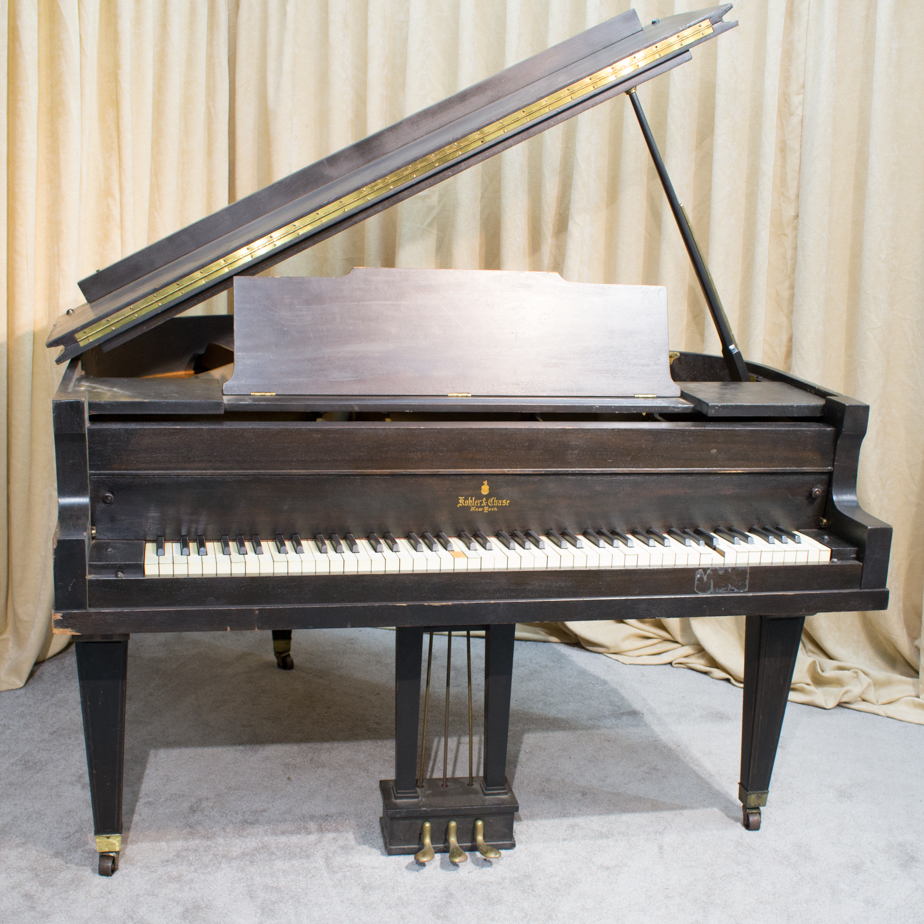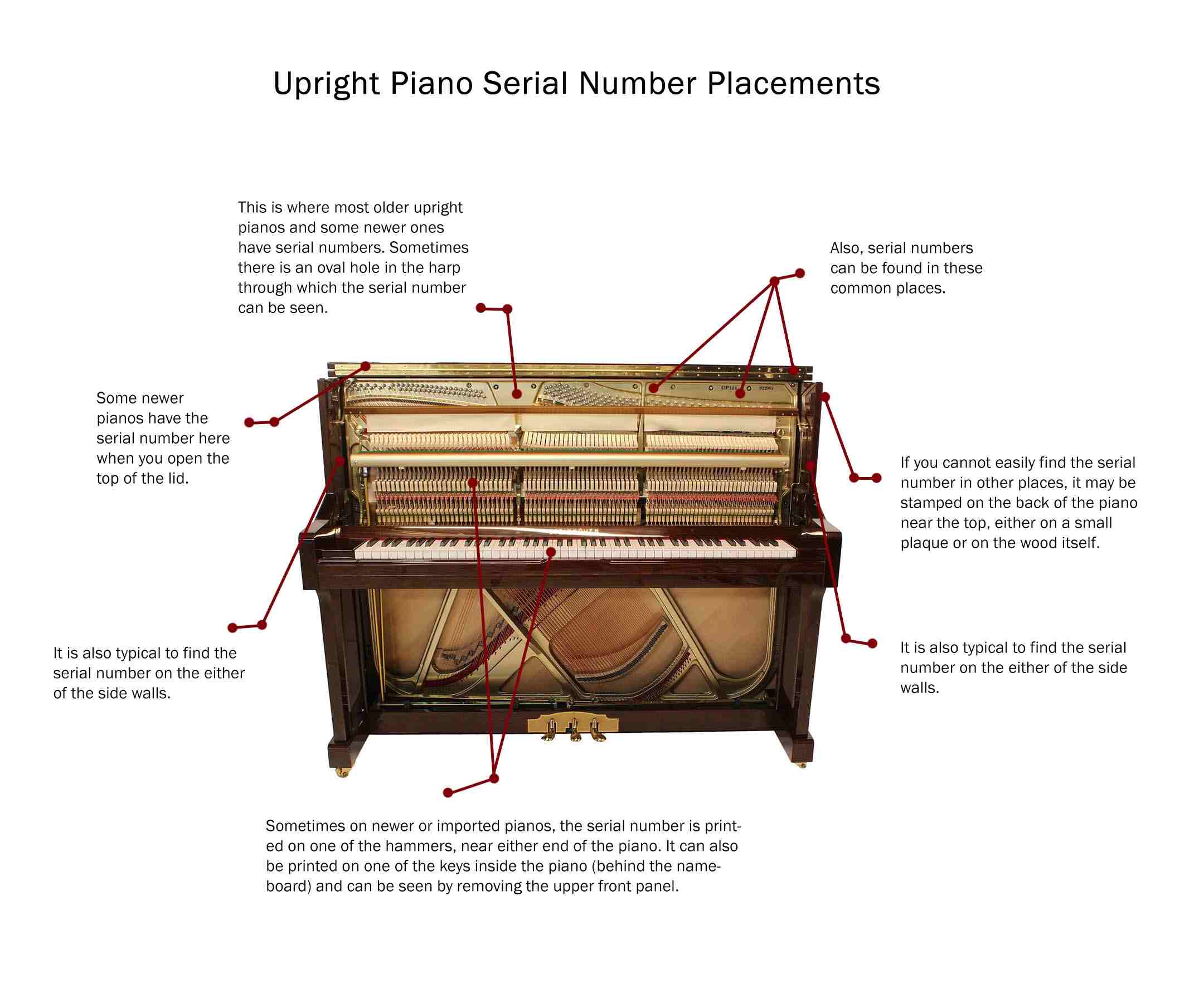
Just before World War I the company’s 400 associates produced up to 1800 instruments a year.īibliography: Clinkscale Online: A Comprehensive Database of Early Pianos,, A.V. In 1904 Carl Schröder took up the reins of the firm.

Bitepazh (Bietepage), triggering its development and mechanisation. In 1861 Jacob’s brother Franz replaced him as the head of the company. In 1865 Becker was the first piano maker in Russia to apply double repetition action. He introduced a range of innovations and held numerous patents. In 1839 he obtained a 10-year patent for a grand piano of his making from the king of Bavaria. Petersburg) was a founder of a well-known Russian piano company. in Neustadt an der Haardt, now: Neustadt an der Weinstraße near Mannheim, d. Piano maker Jacob Davidovich Becker (Bekker) (b. Beetem Acker, ‘Bechstein’ in The Grove Dictionary of Musical Instruments, Vol. Henkel, Lexikon deutscher Klavierbauer, (Frankfurt am Main, 2000), pp. Vogel, Kolekcja zabytkowych fortepianów Filharmonii Pomorskiej, (Bydgoszcz, 21987), p. From 1963 to 1986 it was part of The Baldwin Piano Company in Cincinnati, USA since 1986 it has been owned by German piano maker Karl Schulze.īibliography: B. Seriously damaged during World War II, the company did not reopen until 1950. In 1894 his sons – Edwin, Carl, and Johann joined the business. In 1879 Bechstein opened a branch in London and in 1903 – in Paris. During his lifetime, his firm produced nearly 54 thousand uprights and grands, and became the official piano supplier to the queen of England, the queen of Prussia, and the royal courts of Spain and Russia. Thanks to his knowledge of the latest European innovations and the fact that in the last quarter of the 19 th century he applied American construction and technology, Bechstein’s instruments became one of the best in the world.

In 1853 he set up his own firm in Berlin, which first produced uprights, then – from 1856 – also grand pianos. 1900 in Berlin), founded a piano company that operates to this day. Hopfner, Wiener Musikinstrumentenmacher 1766-1900, (Tutzing, 1999), p. Vogel, Kolekcja zabytkowych fortepianów Filharmonii Pomorskiej, (Bydgoszcz, 11980, 21987), p. Ottner, Der Wiener Instrumentenbau 1815-1833, (Tutzing, 1977), p. In August 1857 he visited Warsaw, perhaps in connection with an industry fair taking place at the city at the time.īibliography: H. The nameplate of one of the two Ast’s grand pianos surviving in Poland gives the address Kettenbrückengasse 715 (Neue Wieden). His workshop was located at different addresses: in 1844-47 at Landstrasse, Gartengasse 47 as well as Landstrasse, Bockgasse 478 in 1848-54 at Lumpertgasse 715, Neue Wieden in 1856-60 at Franzensgasse 707, Wieden in 18 at Francensgasse 708, Neu Wieden in 1862 at Mittersteig 412, Wieden in 1864 at V. On 13 July 1843 he obtained citizenship of Vienna. Johann Ast was a Vienna-based piano maker (b.

Rottermund, Budownictwo instrumentów muzycznych na terenie Wielkopolski w XIX i I połowie XX wieku, (Poznań, 2002), p. do II wojny światowej, (Warszawa, 1995), pp. Budownictwo fortepianów na ziemiach polskich od poł. Kolekcja Muzeum Historii Przemysłu w Opatówku, (Opatówek, 1994), pp. After the war, they manufactured furniture and repaired pianos but never made a new one.īibliography: B. During World War II the factory was taken over by the German textile firm AMC Textil-Werke W.R. Brachocki praised the quality of the Fibiger Brothers' instruments. They were awarded at piano-making exhibitions, receiving a golden medal at the Poznań Fair in 1929, a grand golden medal in Vilnius in 1930, and a grand golden award in Warsaw in 1932. Besides pianos, in the 1930s they manufactured keyboards for pianos, organs and reed organs. During the interwar years, Apollo was a distinguished maker of stylish pianos. Apollo instruments found recognition and buyers in the Congress Kingdom of Poland and in Russia already before World War I. After Aleksander’s death in 1935 his sons Aleksander Marian and Jan Sylwester succeeded to his share. Aleksander Oskar and Karol Otton Fibiger were experienced piano makers from a family with a long tradition in piano manufacturing (they were nephews of Gustaw Arnold Fibiger – see entry). Apollo, founded by the Fibiger Brothers (Karol and Aleksander) was a factory of grand pianos, uprights and keyboards, functioning between 18 in Kalisz.


 0 kommentar(er)
0 kommentar(er)
